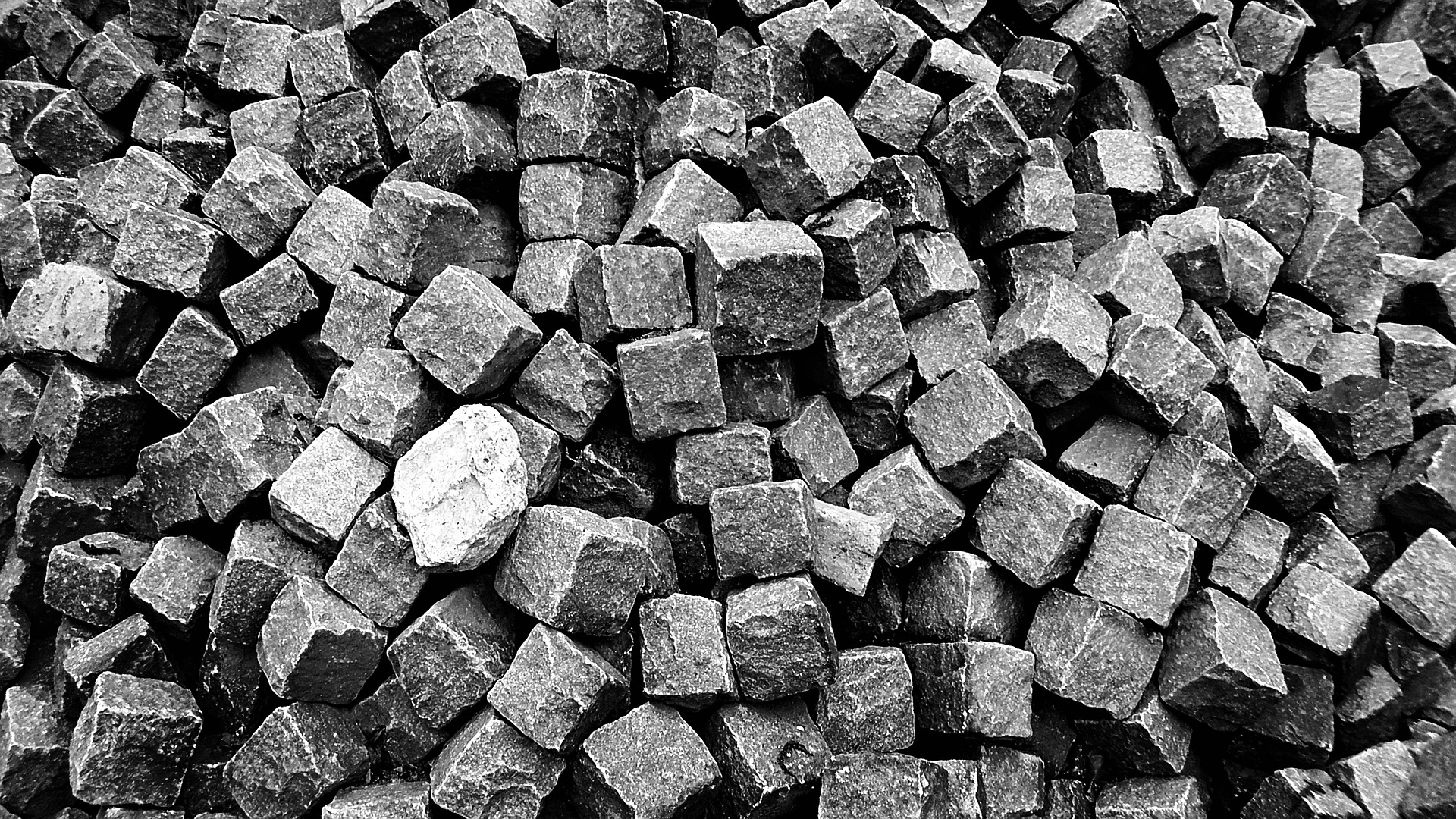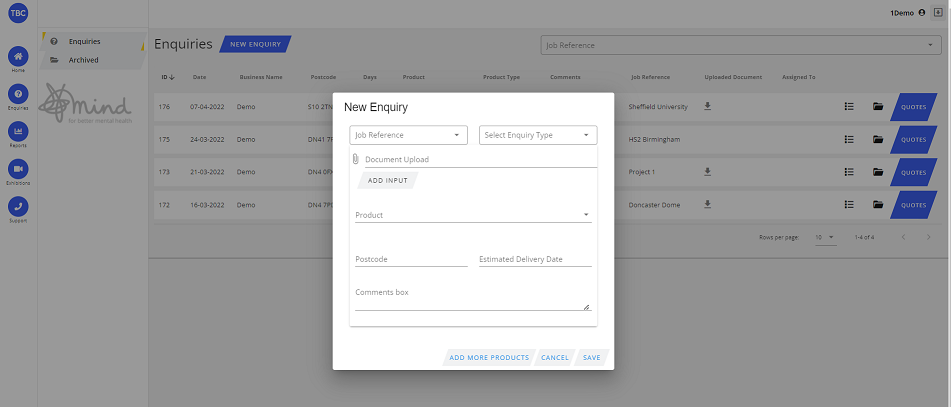
The Significance of Sustainable Building Materials
Sustainable building materials, often referred to as green or eco-friendly materials, prioritise environmental responsibility and resource efficiency. These materials are designed to minimise the negative impact of construction on the environment and enhance the overall quality of the built space. Key features of sustainable building materials include:
Renewability: Materials that are derived from renewable sources, such as sustainably harvested wood or bamboo, are favored for their minimal environmental impact.
Recyclability: Sustainable materials are often recyclable or made from recycled content, reducing the need for virgin resources and minimizing waste.
Durability: Long-lasting materials require fewer replacements, which in turn reduces resource consumption and waste generation.
Energy Efficiency: Materials that contribute to energy efficiency, like insulated windows and energy-efficient insulation, reduce a building's operational energy consumption.
Low Emissions: Sustainable materials are designed to emit fewer harmful compounds, enhancing indoor air quality and occupant health.




